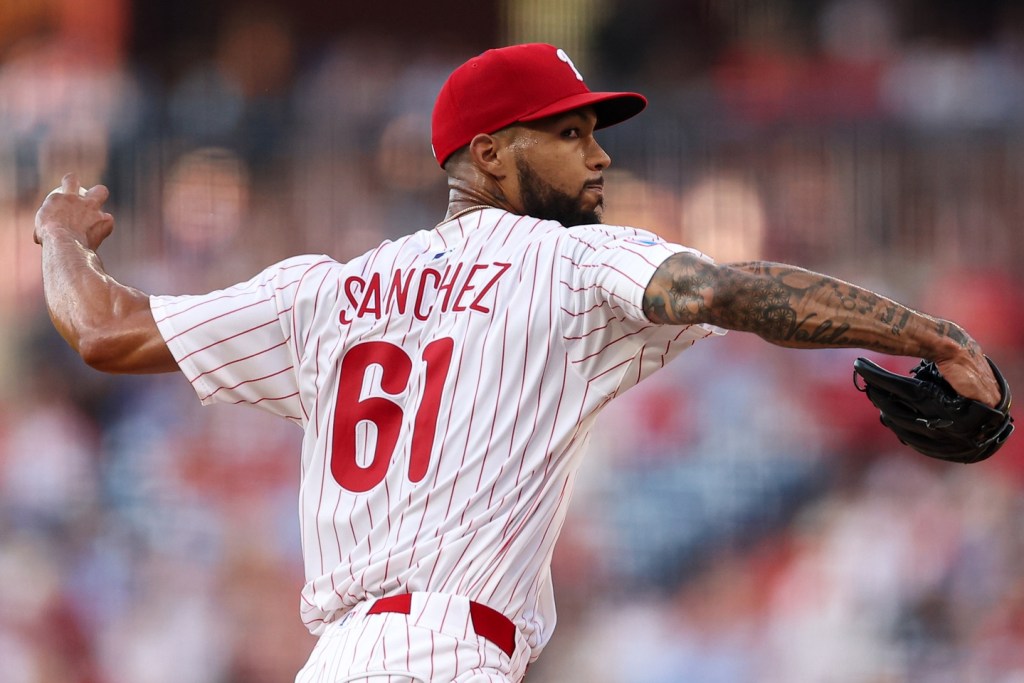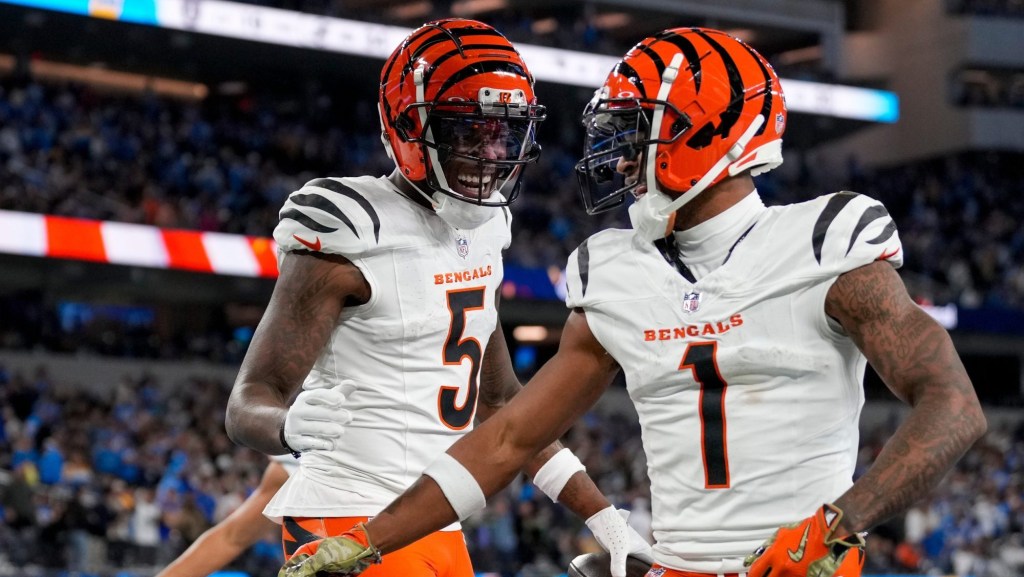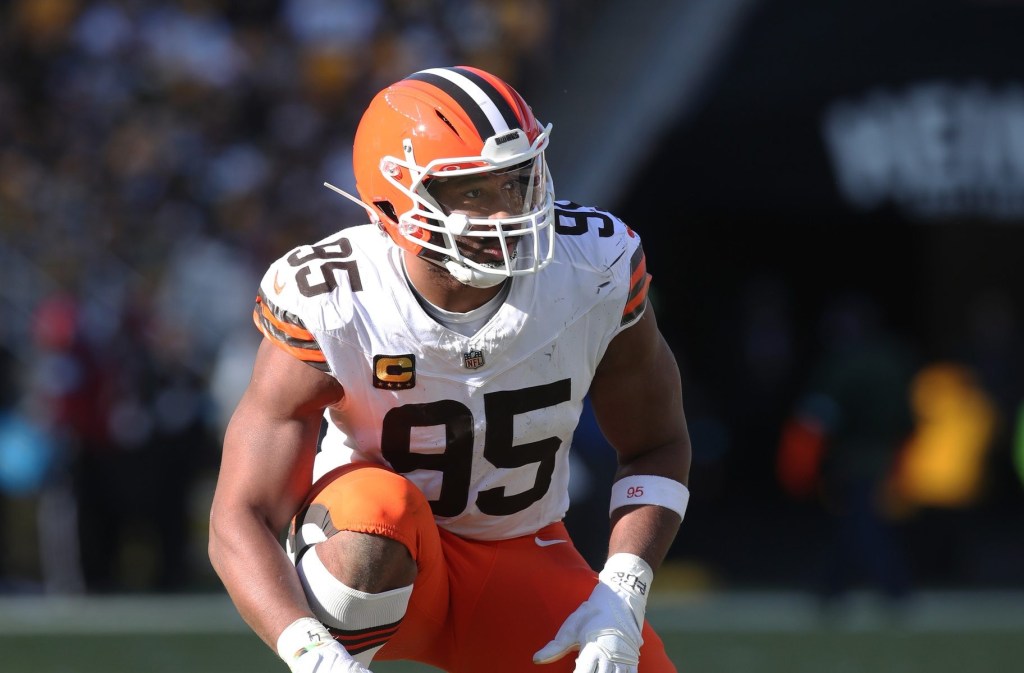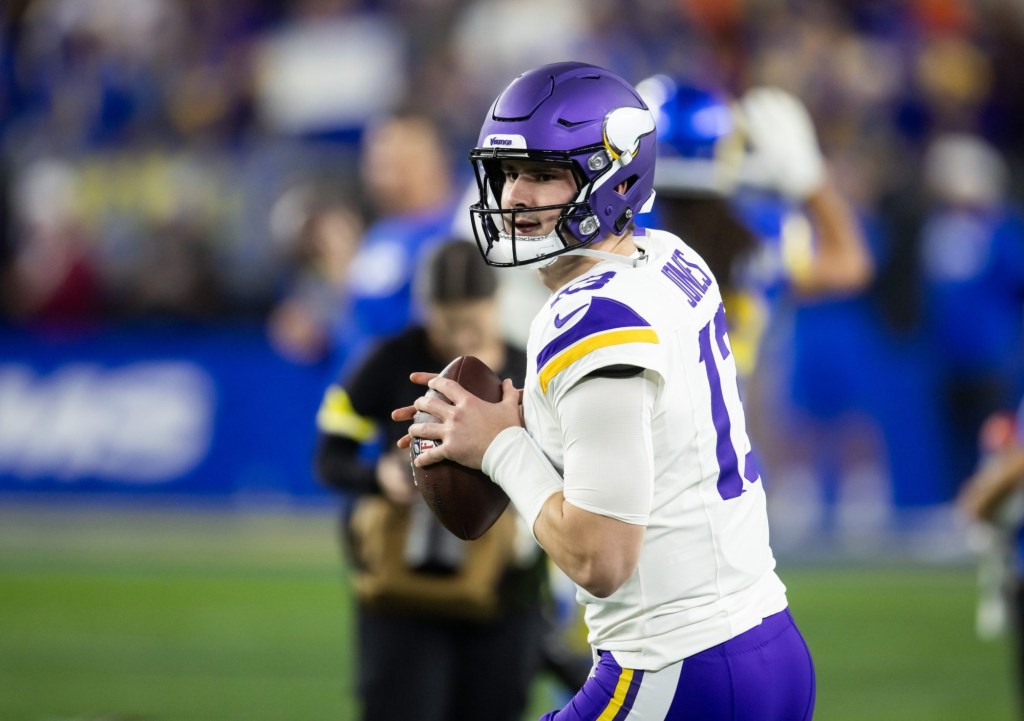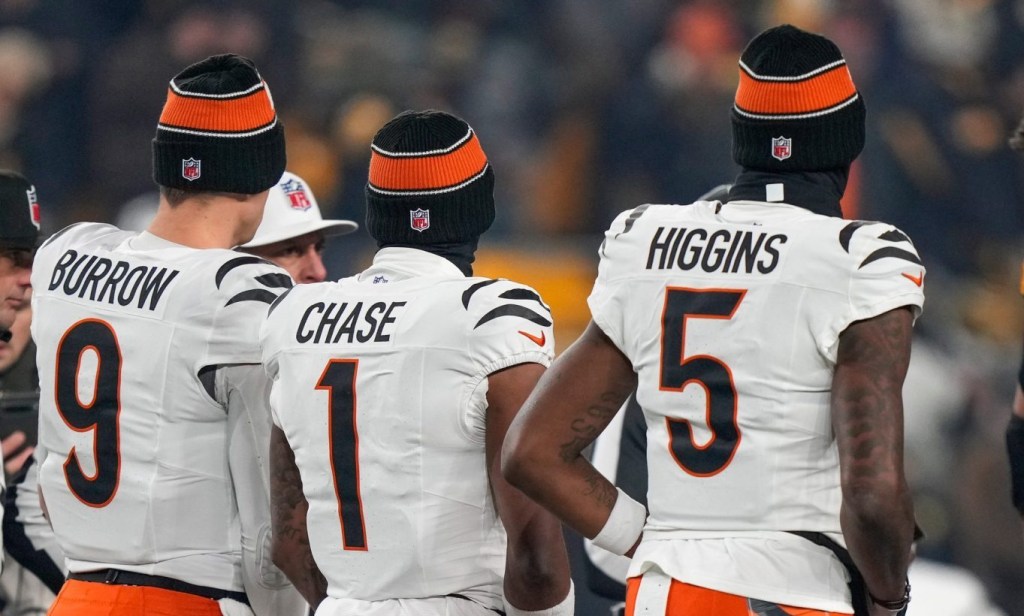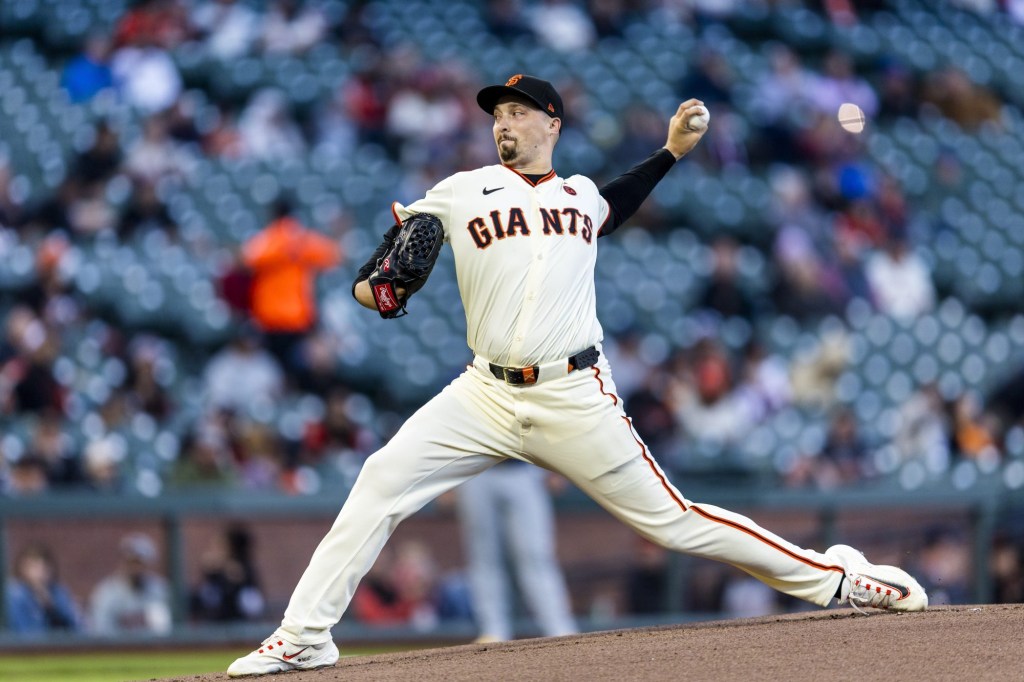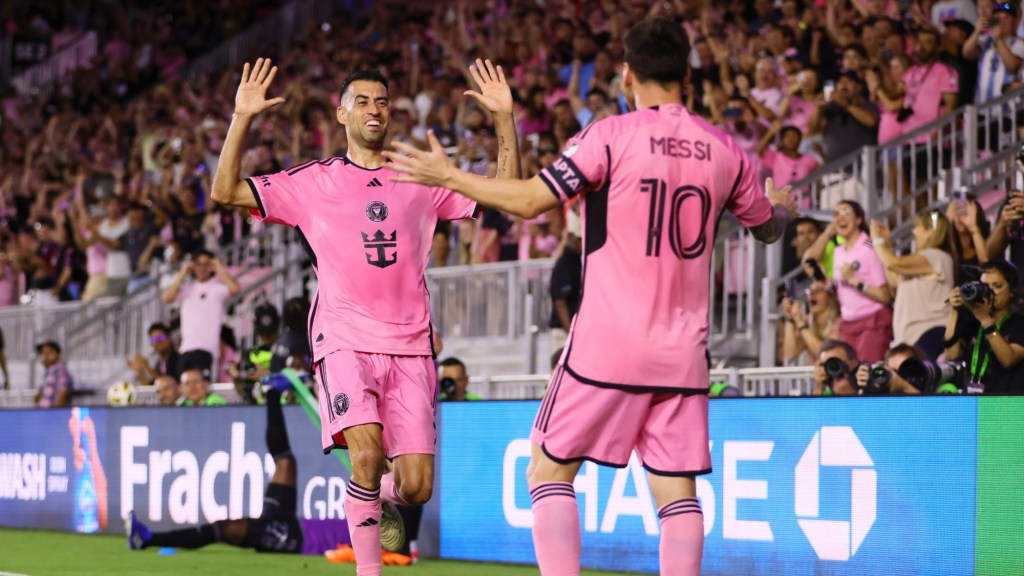In January 2022, Cameroonian heavyweight superstar Francis Ngannou defended his UFC title defense against Ciryl Gane, in a fight that saw the knockout artist shed his slugger image for a tactical and workmanlike victory over the French contender. The defense marked Ngannou’s arrival at the zenith of the UFC hierarchy, and it set up a clash with one of MMA’s GOATs in Jon Jones.
But despite the hype, the fight never materialized. The issue was due to a prolonged contract dispute between Ngannou and the UFC, in which the two parties could not agree on terms. “In that contract, I’m not free,” Ngannou said when his requests were not met. The standoff culminated in the Cameroonian star departing the UFC: Rather than participate in the restrictive agreement, Ngannou simply left.
Now, this type of standoff may be a thing of the past. In April, the Federal Trade Commission ruled to outlaw noncompete clauses on contracts, which the agency has hailed as “protecting the fundamental freedom of workers.” These changes, set to take effect Sept. 4, could affect nearly 20% of U.S. workers, according to the FTC.
“They are common in everyday life,” says Jason Cruz, a Seattle-based lawyer who specializes in MMA law. “Accounting, IT, law, they all have several iterations of noncompetes.”
But beyond desk jobs, they are also commonplace in combat sports. For years, fighters in the UFC—who are considered independent contractors—have been subjected to extensive noncompete clauses as their contracts lapse. But with the FTC’s ruling, two key, common provisions in UFC contracts are in jeopardy. And if legal challenges to the FTC’s move fail to stop the ruling, a world of noncompetes could radically change how the fight game operates.
UFC contracts have historically been rigid, making it difficult for fighters looking to make changes.
First, these documents contain exclusive negotiating periods of one month that prevent fighters from entering into talks with rival promotions, even if their contracts have expired. For the following four months, the UFC is guaranteed the right to match all offers from rival promotions. This setup essentially puts fighters under lock and key for nearly half a year. Additionally, the UFC’s “champion’s clause” allows the league to nonnegotiably extend champions’ contracts by a full year. Experts argue that these provisions are designed explicitly to prevent fighters from driving up wages by entering into a bidding war with competition.
Although a five-month period sounds brief, fighters on UFC contracts can be paid as little as $15,000 per fight, according to contracts reviewed by Front Office Sports. For those relying on fights for income to cover training, management, and living expenses, that period can be a financial make-or-break.
In a post-noncompete world, situations that currently keep fighters’ hands tied could shake out very differently. In Ngannou’s case, for instance, both the exclusive negotiation periods as well as the champion’s clause—which the UFC was using for the first time—might not even be valid. He could instead be free to enter into negotiations with other promotions immediately. Although Ngannou was ultimately able to find a way out in a complex arrangement in 2022—a five-year sunset clause that voided his contract and enabled him to promote and fight in boxing matches with Anthony Joshua and Tyson Fury—the ruling means fighters should now have far more freedom.
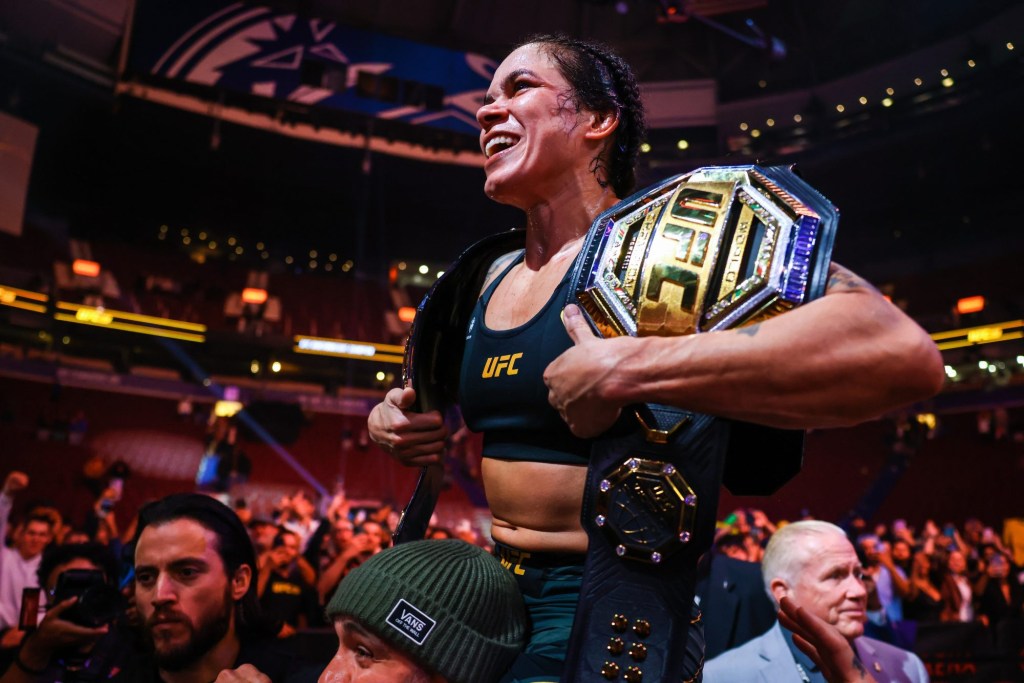
Should the FTC change stand, fighters will be able to immediately test the open market and engage in negotiations with competing promotions, which can drive up wages. “The FTC ruling could help fighters with the ability to move from promotion to promotion quicker,” Cruz tells FOS. “I could see lower-tier fighters, guys that aren’t making a lot of money. If they are willing to jump over to PFL [the Professional Fighters League] and see how it is, they could probably make more.”
With the traditional state of contracts, the UFC “can impede the core leverage that these workers would have, which is to shop on an open market and get [promotions] bidding off of each other. And that leverage is really critical for worker bargaining power,” says David Seligman, a Colorado-based employment lawyer and director of Towards Justice, a worker advocacy group.
Top fighters with major earning potential stand to benefit from the changes, but Cruz also says that because of the UFC’s dominance of the sport of MMA (more than 90 cents of every dollar spent on MMA is spent with the UFC), the ruling is most likely to benefit rank-and-file, mid-tier fighters than the sport’s biggest stars.
“UFC is synonymous with MMA. When people who don’t follow mixed martial arts talk about mixed martial arts, they say ‘UFC,’” says Cruz. He believes major stars aren’t going anywhere—Alex Pereira wouldn’t defend his light heavyweight title and then jump to the PFL—but a strong ban on noncompetes would let lower-profile fighters earn closer to their market value by more freely jumping among promotions.
The ruling won’t change the sport overnight.
First, there are legal challenges that could prevent it from taking effect in any industry before it triggers in September. In early July, a Texas court partially blocked the ruling while other objections are working their way through the courts. In her ruling, Judge Ada Brown said “the FTC lacks substantive rulemaking authority with respect to unfair methods of competition.” The ruling may also find itself kicked up to the Supreme Court, where its fate is shaky.
Even if the ruling is codified, it’s still unclear how current MMA provisions will fare under the ban. For instance, will the champion’s clause be included? According to Cruz, the answer would depend on how many fights are left on an athlete’s contract when they win a UFC title. If a fighter were to become champion in the middle of their contract versus at the end, the champion’s clause extension could remain legal.
“[Contracts are] all designed to retain their investment. You want to retain your investment and keep [fighters] as long as possible at the rate that they are contracted to,” says Cruz. But the ruling forces the UFC to negotiate with talent for a new contract—or else they’re watching champions leave.
A future of noncompetes could mean the UFC’s stranglehold on the MMA market could let up, instead devolving into a bidding war with some of the hottest talent in the world up for auction.
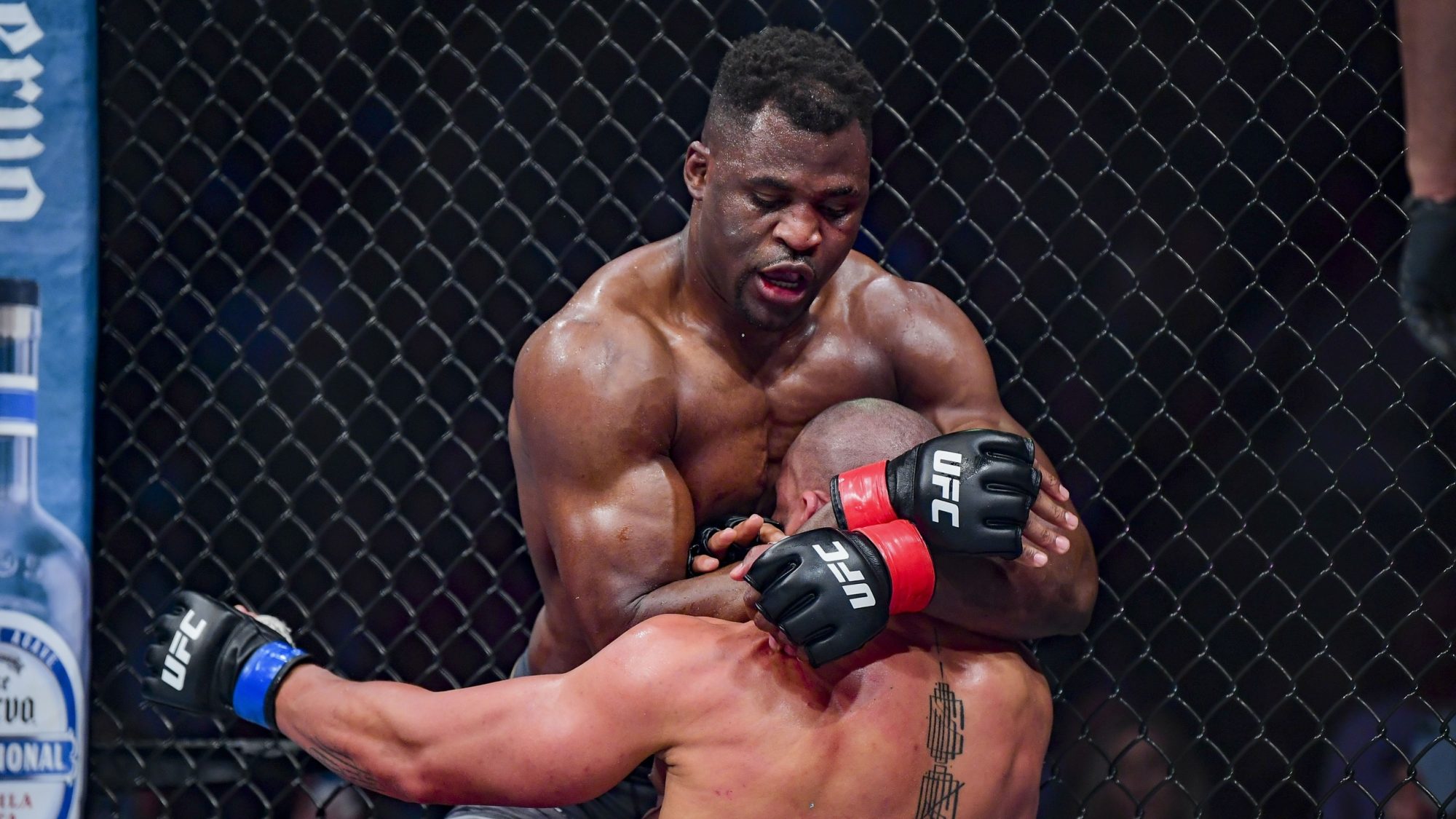
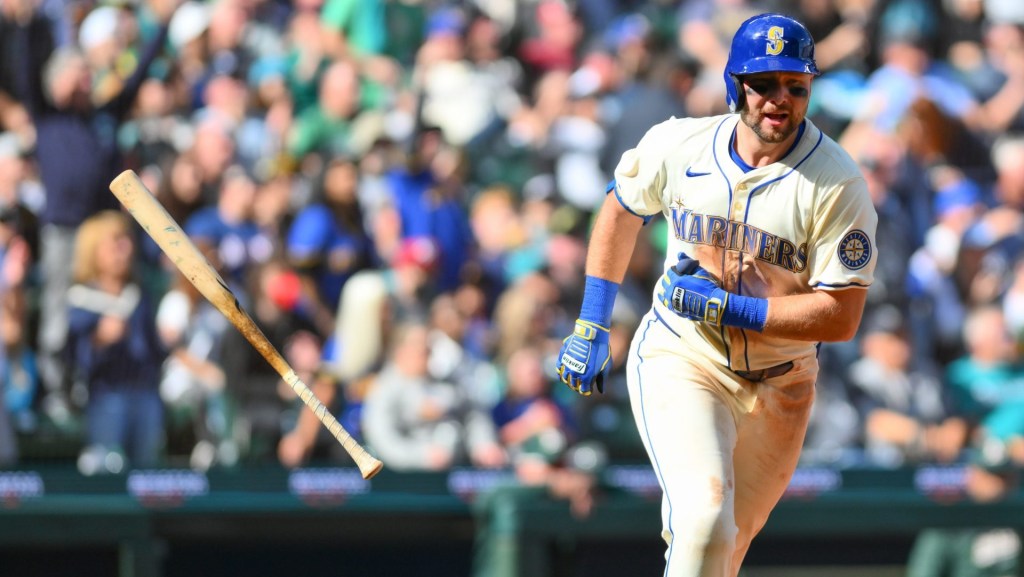

![[Subscription Customers Only] Jul 13, 2025; East Rutherford, New Jersey, USA; Chelsea FC defender Reece James (24) lifts the trophy as he celebrates with teammates as U.S. president Donald Trump after the final of the 2025 FIFA Club World Cup at MetLife Stadium.](https://frontofficesports.com/wp-content/uploads/2025/07/USATSI_26637216_168416386_lowres-scaled.jpg?quality=100&w=1024)
